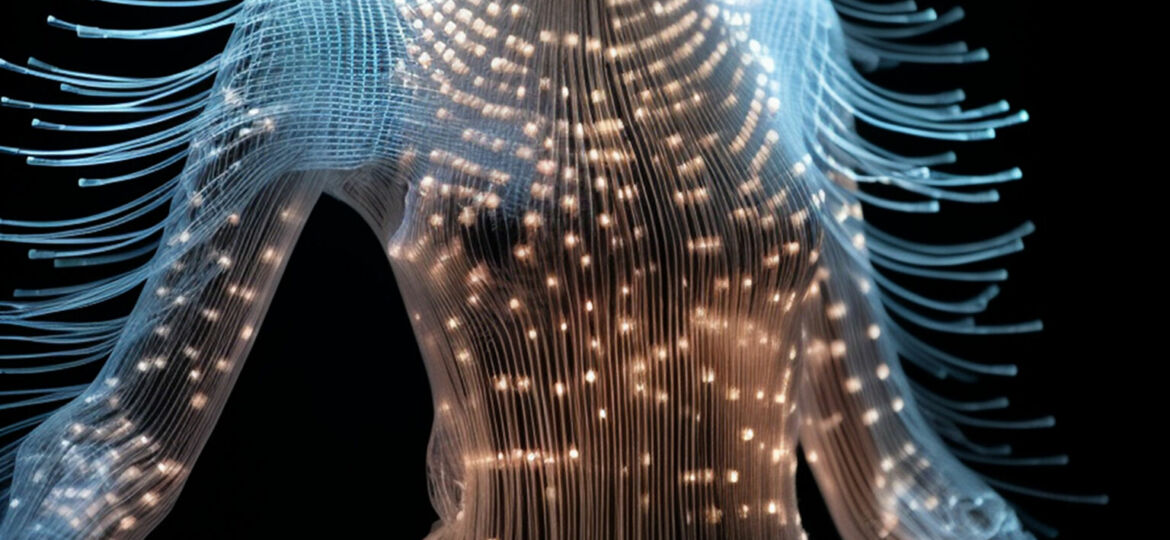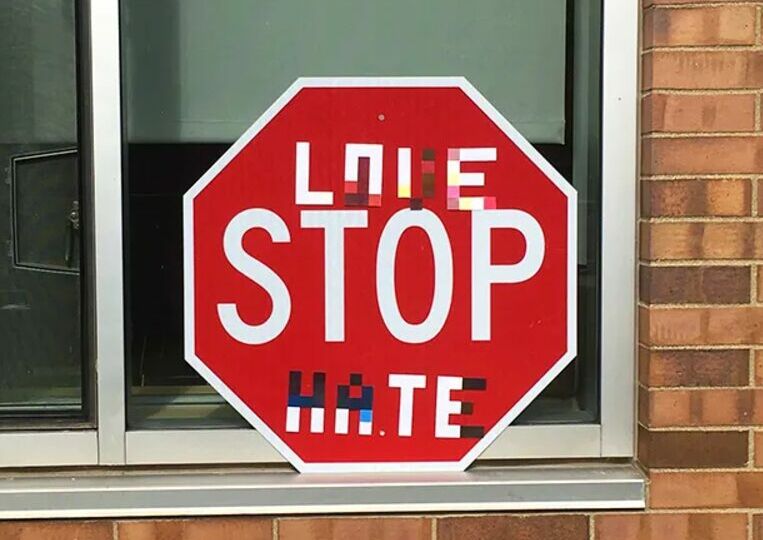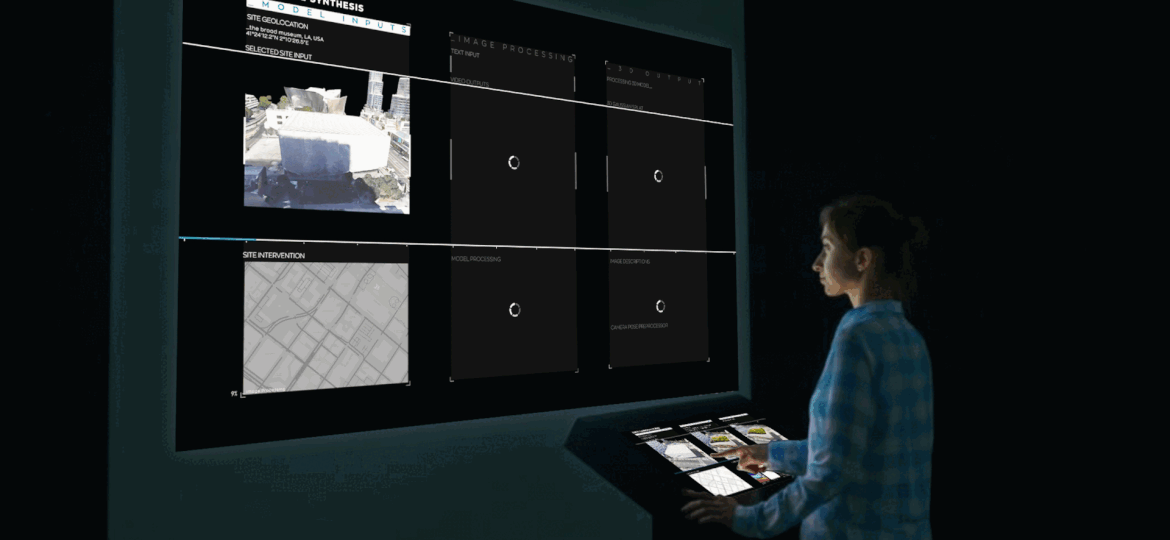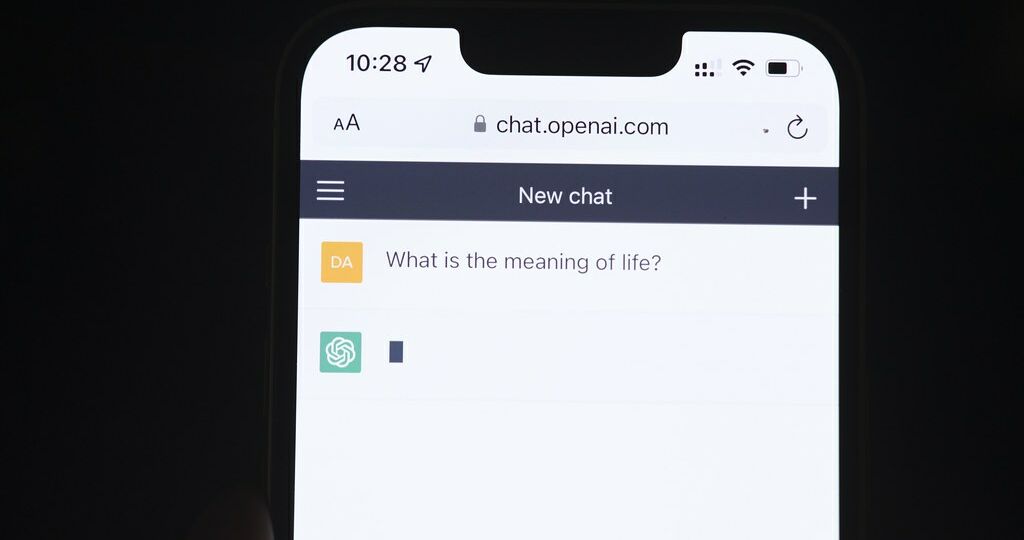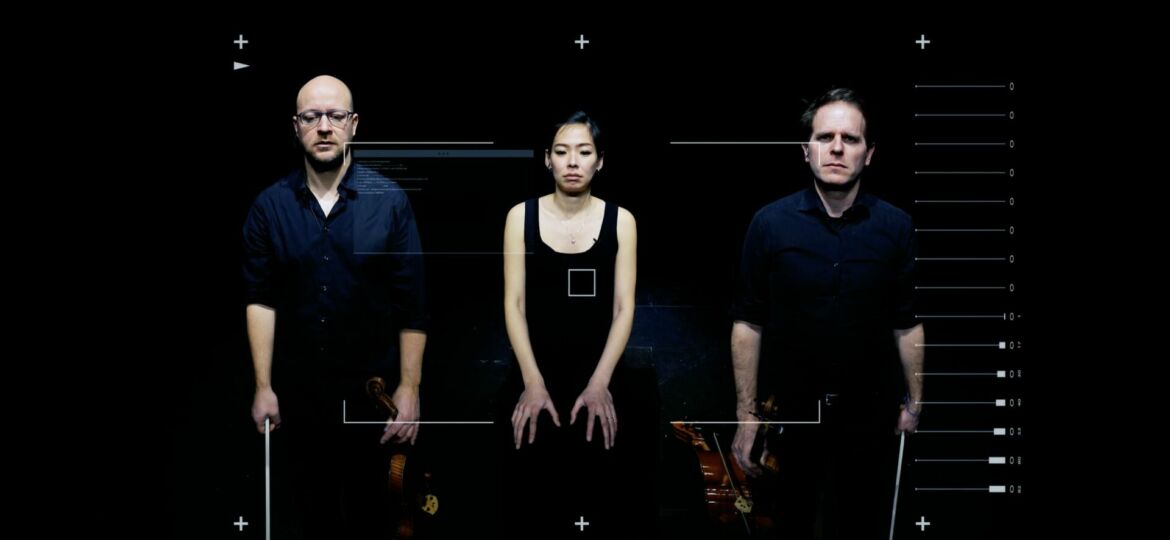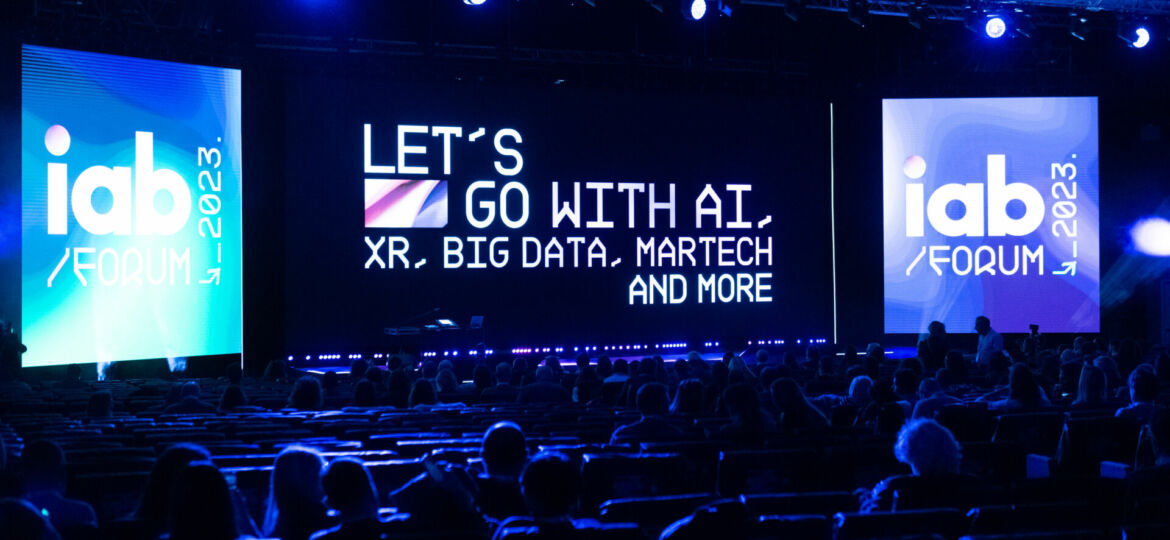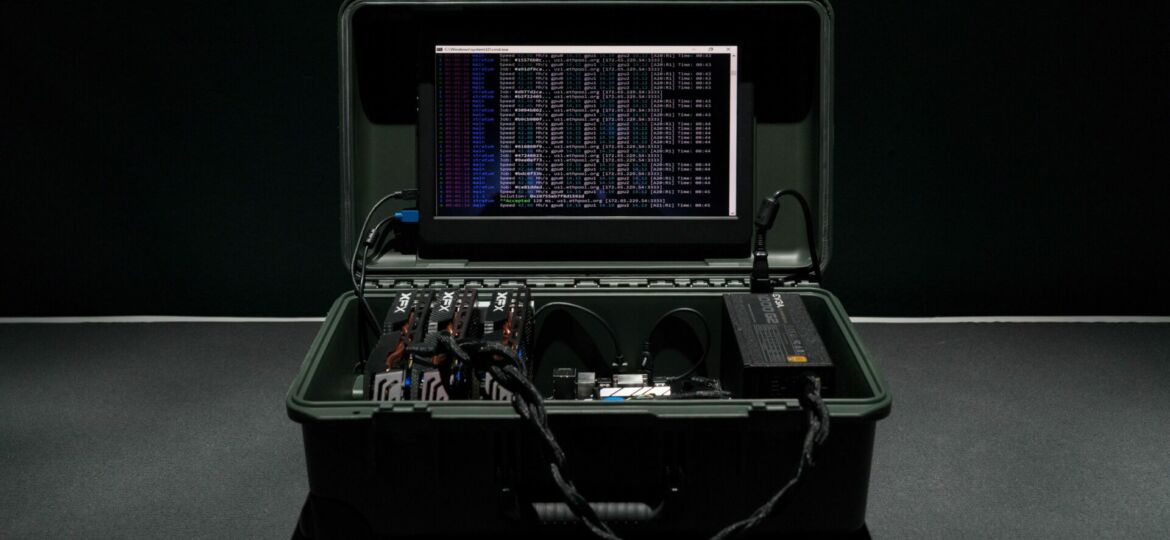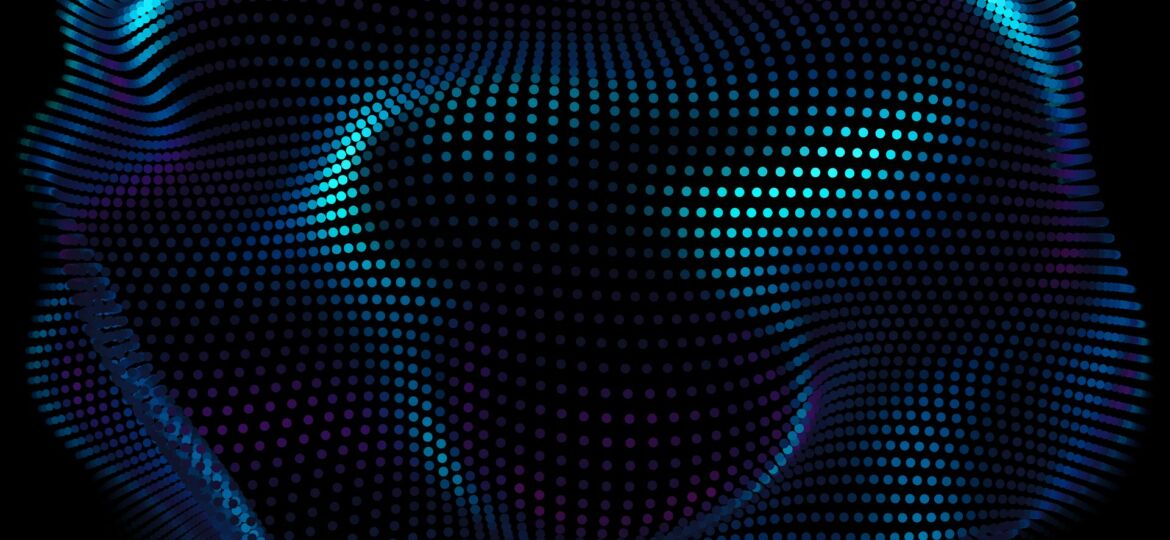The expansion of design possibilities in architecture passes through an expansion of knowledge of reality. In this scenario, artificial intelligence, with its dual exploratory and generative nature, asserts itself as a tool capable of shaping new forms and nurturing new knowledge. But, as happens every time one enters unexplored territories, each step forward requires a firm consolidation of the newly conquered space. However invisible and intangible, the same process is occurring with AI. The creation of new scenarios imposes the need to redefine ethical frameworks, which are essential to guide future choices and establish criteria by which to measure the quality of new processes.
Although the functioning of machine learning algorithms may seem abstract and difficult to decipher, they rely on a series of structured processes that make them vulnerable to specific threats. Understanding the risks these tools are exposed to is essential for developing greater awareness in their use.
George Guida, researcher at the Harvard Laboratory for Design Technologies, is co-founder of ArchiTAG and xFigura. An expert in AI for architecture, he integrates technology and design with global and academic projects.
The original promise of the Internet, namely a free and open space for aggregation and democratic participation, has been betrayed. This is the thesis at the heart of the essay Rebooting the System. How we broke the Internet and why it is up to us to readjust it by journalist and media and technology expert Valerio Bassan, published by Chiarelettere in 2024.
Not long ago, a case brought to public attention the potential negative impact of chatbots. Two parents sued an AI company after interaction with one of their chatbots allegedly led their children to imagine and discuss plans to kill them. The incident is undoubtedly unsettling, but it’s also reasonable to assume that such behavior might reflect pre-existing family and social dynamics — a doubt that seemingly did not cross the parents’ minds.
Unlike the great inventions of the past, which were tangible and visible, algorithms operate opaquely, hidden behind complex mathematical language. In a historical moment where these digital entities not only observe but influence our daily lives, the need to shed light on these mechanisms has become essential. Claudio Agosti (vecna) is a self-taught hacker from the past century, fascinated by the challenge of how humanity can use the internet as a tool for liberation and disintermediation. For him, cryptography, peer-to-peer networks, bypassing censorship, and critiquing digital power are daily bread. He is a member of Hermes – Hacking for Human Rights.
Exiting the pandemic was like waking up in another era. Suddenly each of us had at our disposal artificial intelligences capable of solving complex problems, generating all kinds of images or even writing and interpreting songs.
Crossing limits when the boundaries have already blurred.
This is, according to Sergio Amati, general manager of Lab Italia, the winning approach for the future that awaits us, and this is the philosophy behind Intersections, the mega-event scheduled to take place in Milan on 29 and 30 October at the Allianz MiCo: two days of conferences, workshops and exhibitions with international speakers. For the first time Iab forum, backed by a twenty-two-year tradition, is joining forces with If Italian Festival. A step backwards? Quite the opposite: the idea is precisely to show itself even stronger. ‘It is no longer just our forum, but the appointment of several subjects who want to count more, who want to network’. A choice that came practically natural in a world where marketing, creativity and technology in the age of AI coexist and converge: in fact, blurring their boundaries. ‘We realised, in short, that the time had come to systemise these two events that have been moving in parallel for too long and finally bring them together, thus sending a strong signal from the Industry’.
João Enxuto and Erica Love collaborate on projects that examine the dynamics of value and labor in creative economies. Enxuto received an MFA in Photography from RISD and Love holds BAs from Brown University in Economics and Visual Arts and an MFA from UCLA. Together they were fellows at the Whitney Museum Independent Study Program and were awarded a New York Foundation for the Arts Artist Fellowship (2023 & 2017) and a Creative Capital Andy Warhol Foundation Arts Writers Grant.
Primavera De Filippi is a member of the EU Blockchain Observatory and Forum and a permanent researcher at the National Centre for Scientific Research (CNRS) in Paris. She collaborates as associate faculty with the Berkman Klein Center for Internet & Society at Harvard University and is a Visiting Fellow at the Robert Schuman Centre for Advanced Studies at the European University Institute. She is a member of the World Economic Forum’s Global Future Council on Blockchain Technologies and a co-founder of the Internet Governance Forum’s (IGF) Dynamic Coalitions on Blockchain Technology (COALA).


